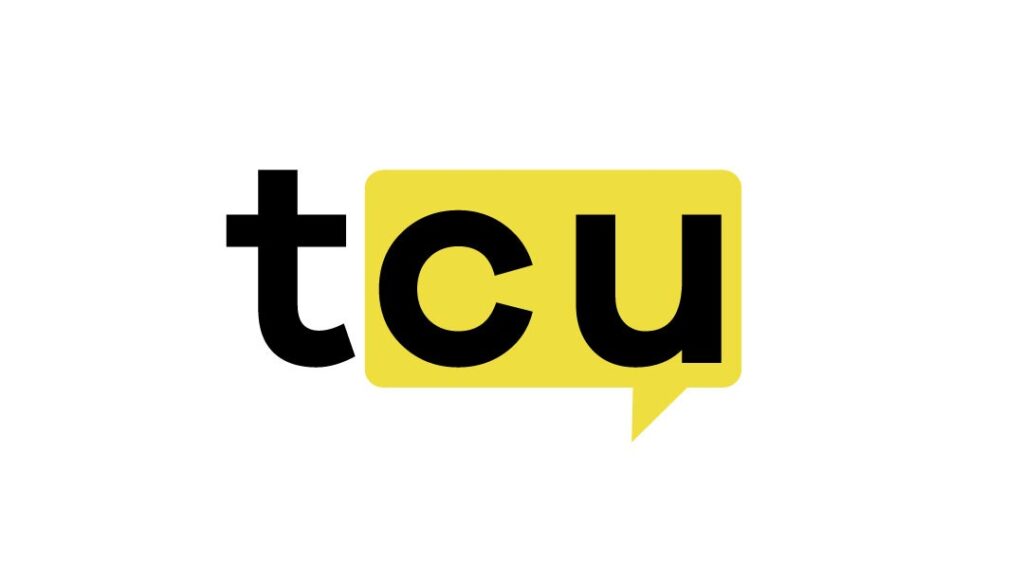Partnership details and infrastructure integration
Biconomy, a cryptocurrency exchange, has formed a strategic partnership with WINkLink, which operates as a decentralized Oracle service on the TRON blockchain network. The core of this collaboration is to integrate WINkLink’s Oracle data feeds directly into Biconomy’s business infrastructure. This integration aims to create a more reliable connection between external data sources and trading operations.
I think what makes this interesting is how they’re trying to bridge two different aspects of the blockchain space. Oracles provide the external data that smart contracts need to function properly, while exchanges manage the actual trading activity. Bringing them together could potentially create a smoother experience for users.
Technical implementation and benefits
The partnership will see Biconomy integrate WINkLink’s decentralized oracle mechanism across its global commerce ecosystem. This integration is designed to bring additional transparency and efficiency to decentralized business operations. By connecting trusted Oracle data to a broader business infrastructure, companies hope to lay the foundation for a more interconnected Web3 environment.
Perhaps the most practical benefit is improved data flow between networks. When Oracle data can flow more freely between different blockchain environments, it could reduce some of the friction developers and traders currently experience. Companies have talked about streamlining the flow of data between networks, which could mean faster access to important market information.
Strategic objectives and market impact
For WINkLink, this represents a new step in the expansion of its network through strategic partnerships. The company recently upgraded its Oracle ecosystem to provide a more robust data infrastructure for Web3 developers and merchants. At the same time, Biconomy’s global business capabilities could potentially give WINkLink’s Oracle services greater visibility and usage.
The two companies share a stated goal: to accelerate the adoption of Web3. By combining Oracle services with commerce infrastructure, they aim to help developers create more advanced solutions while maintaining transaction transparency and security. It’s worth noting that while they talk about setting new standards for Oracle integration, actual implementation and adoption by the broader community will determine whether this partnership will have the intended impact.
The collaboration appears focused on creating practical utility for the TRON network and broader blockchain communities. Rather than just theoretical advantages, they are trying to create something that could actually improve the way people interact with decentralized systems. While it’s still early to judge results, combining Oracle data with commercial infrastructure appears to be a logical step forward for the space.
![]()




